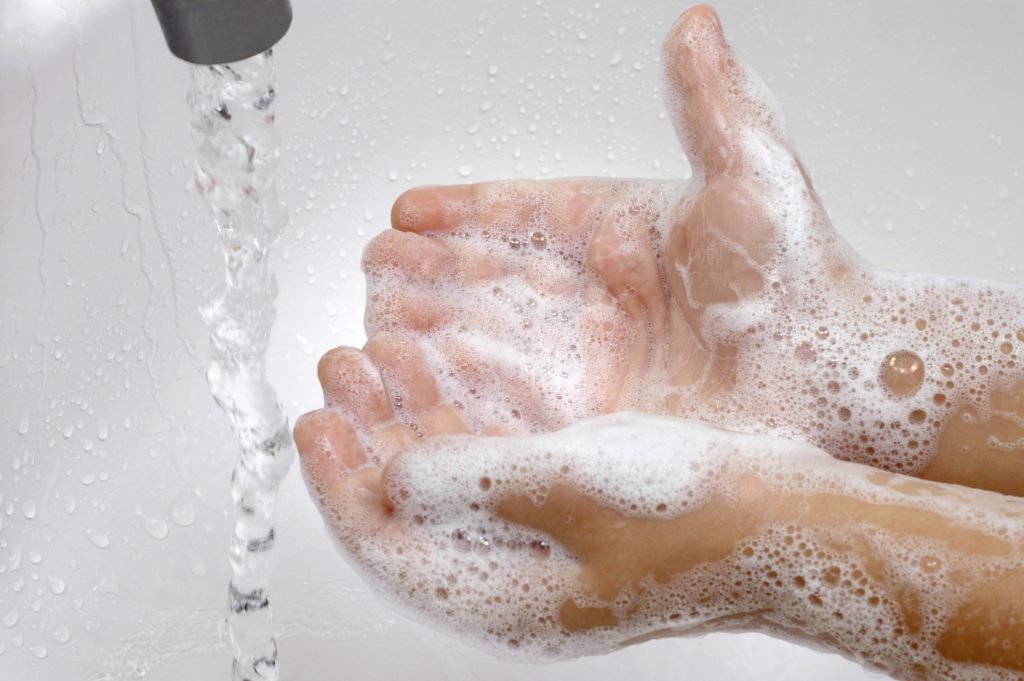Have you recently noticed water spots on your glasses after the water softener system Yulee FL has ended, a weakened stream of spray from the shower head, or calcium deposits around the kitchen or bathroom faucets? This may be a tell-tale sign of hard water in your home.
Hard water can wreak havoc on your major water appliances and plumbing system. In the United States, the hardness and alkalinity of water is classified as calcium carbonate which is measured and categorized in the following ranges:
- Soft — 61 to 120 mg/L
- Moderately hard — 121 to 180 mg/L
- Very hard — 180 mg/L or higher
In recent years, the hardest water levels measuring 1,000 mg/L were recorded in states such as Souther California, Arizona, Kansas, New Mexico and Texas. The evidence of hard water can not only affect certain aspects of the home but can negatively affect the body as well. From a health standpoint, the presence of hard water is actually a hazard.
Hard water contains higher than normal levels of magnesium and calcium that can potentially cause health problems in the body when consumed on a regular basis or absorbed in the skin from baths and showers. Adding a water softener can bring added benefits to your home, health and well-being such as:
- Limescale removal
- Reduction in public problem
- Creates softer hair and clothing
- Sparkling spot-free dishes
- Adds to the longevity of appliances
Utility Complaints
Have any questions or concerns relating to utility complaints in your South Carolina home, the PSCofSC offers information on complaint resolution as well as tips on safety during the winter months, tips for saving money on your utility bills and more.

